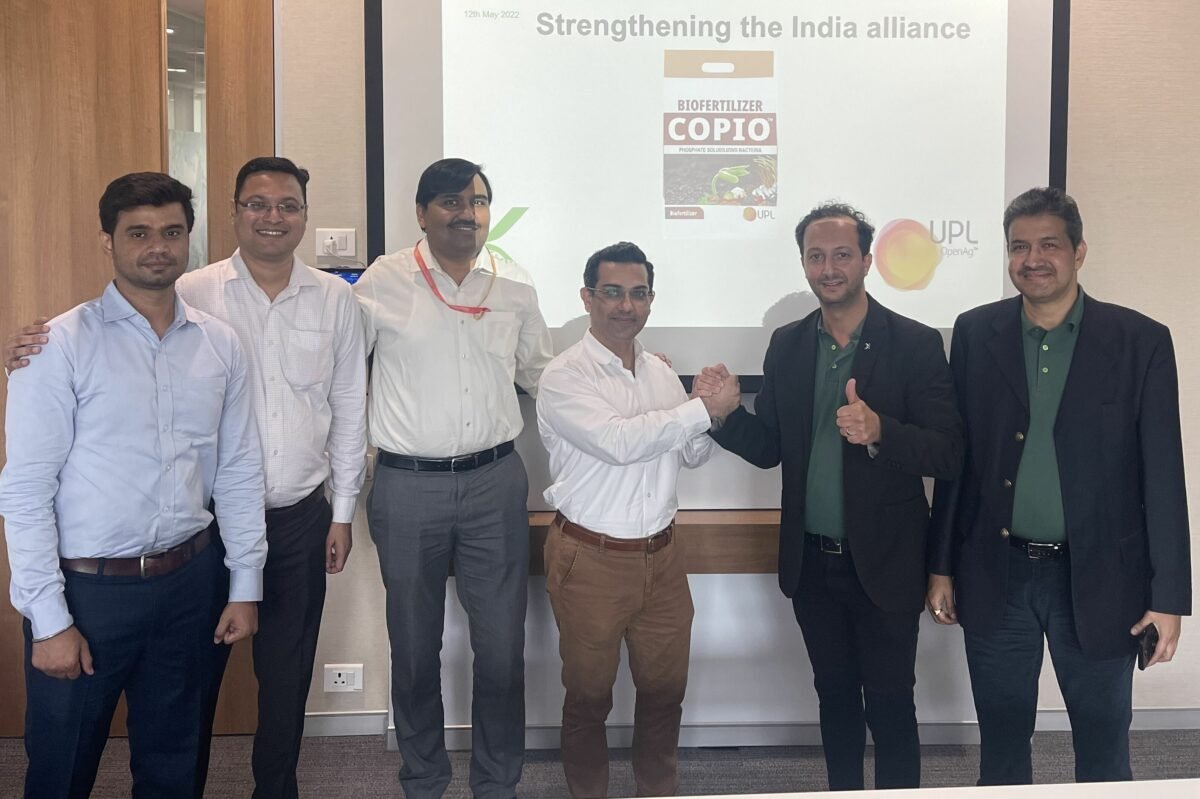IIT Bombay researchers identifies bacteria that clean up toxic pollutants in the soil
These bacteria also help boost the growth hormones of the plants, inhibit the growth of harmful fungi, and help in making essential nutrients readily available to plants.
Researchers from the Indian Institute of Technology Bombay (IIT Bombay) have been studying bacteria that feed on toxic chemicals and pollutants as a solution for the ever-increasing pollution of our natural resources. In a recent study published in the journal Environmental Technology & Innovation, they have used the power of specific bacterial species to remove organic pollutants from soil. Moreover, these bacteria were also found to help boost the growth hormones of the plants, inhibit the growth of harmful fungi, and help in making essential nutrients readily available to plants. These could reduce our dependence on chemicals currently used as insecticides and pesticides and help improve soil health and fertility.
Soil contamination from aromatic compounds (organic compounds with a benzene-like ringed structure) in the form of pesticides (insecticide and herbicide) is one of the major issues the agriculture industry faces today. These compounds are toxic, can inhibit seed germination, reduce plant growth and yield, and also accumulate in seeds and plant biomass. Many aromatic pollutants such as carbaryl, naphthalene, benzoate, 2,4-dichlorophenoxyacetic acid and phthalates are extensively used in pesticide formulation and also released as by-products from various other industries, like cosmetics, textile, construction, food and feed preservatives, dyes, petroleum, and plastics. Traditional approaches to remove these pollutants, like chemical treatments or soil removal, often turn out to be band-aid solutions – expensive and unable to tackle the problem completely.
To address this issue, the IIT Bombay team identified bacteria from toxic environments. While doing so, they noticed that certain bacterial species, specifically from the genera Pseudomonas and Acinetobacter, were especially good at breaking down aromatic compounds. “These bacteria were isolated from contaminated soil and agricultural fields. They feed on pollutants, breaking them down into simpler, harmless, non-toxic compounds. In this way, they act as natural cleaners of polluted environments,” explains Prof. Prashant Phale, from the Department of Biosciences and Bioengineering at IIT Bombay, under whose guidance Sandesh Papade carried out the research for his PhD.
Like feeding two birds with one stone, while breaking down aromatic pollutants, these bacteria were also found to convert insoluble forms of essential nutrients, such as phosphorus and potassium, into soluble forms and make them readily available to the plants. They also produce substances called siderophores, which help plants absorb iron in nutrient-limited environments. Moreover, these bacteria also contribute to plant growth and health by producing a high amount of growth hormone called indoleacetic acid (IAA). “So, while these bacteria are cleaning the soil, they are also helping plants grow healthier and more robust by fertilizing the soil and improving soil health,” Prof. Phale added.
These helpful bacteria produce substances like lytic enzymes and HCN (hydrogen cyanide) that can kill or inhibit the growth of plant pathogenic fungi. “These bacteria act like a natural defence system for plants. Unlike chemical pesticides, which can harm the environment and beneficial organisms, these bacteria are eco-friendly and target only the harmful fungi,” Prof. Phale points out.
Although the findings from the research have a lot of potential in a real-world situation, Prof. Phale believes that “it will take some time for widespread adoption, as the technology will need to be scaled up, tested in different environments, and made available as commercial products.”
These bacteria also help boost the growth














